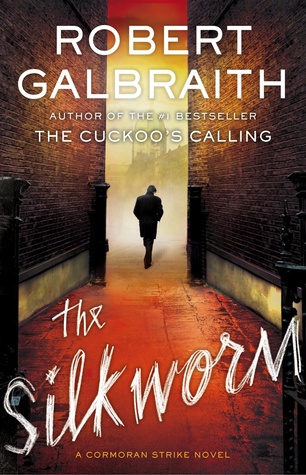 Goodness… where do I begin? The debut novel, The Keeper of Lost Things, by Ruth Hogan is beyond delightful. It is a ray of sunlight, filled words you want to savour, rainbows, sweet memories, glistening tears, all perfuming the room/glade with the scent of caramel and freshly baked bread. It is magical in every sense and then some.
Goodness… where do I begin? The debut novel, The Keeper of Lost Things, by Ruth Hogan is beyond delightful. It is a ray of sunlight, filled words you want to savour, rainbows, sweet memories, glistening tears, all perfuming the room/glade with the scent of caramel and freshly baked bread. It is magical in every sense and then some.
So, what is this lexical treasure about?
Anthony Peardew, is a writer who, for his entire life, has collected an assortment of things people have left behind or lost in order to compensate for something precious he once misplaced. When he dies and leaves his enormous legacy to his personal assistant, the lovely but slightly lost herself, Laura, the purpose of the objects (and his bequest) becomes apparent.
Populated with charming, whimsical and at least one outright nasty character, as well as such endearing animals, I deliberately slowed my reading down to savour this story, putting it aside when I really didn’t want to because I just didn’t want it to end.
The style in which the book is written is a joy. I read that some reviewers on Goodreads found it confusing; others, like me, relished the way the main third person narrative switches to tell a short story about a particular object. I found this added such richness and depth to the tale and made Anthony’s obsession with collecting even more meaningful as we learn what a particular thing meant, the context in which it functioned and why it was lost in the first place.
I also read that one reviewer said the treatment of Down’s Syndrome and Alzheimer’s in the novel was insensitive. Having members of my family with both, I completely disagree. I found it not only sensitively handled, but with erudition and insight into the emotional beauty and toll (such as intolerance and lack of understanding around Down’s Syndrome and preparedness of many to discard and forget those with Alzheimer’s) these things take on individuals, their families and friends. The character Sunshine, for example, was indeed that and yet so much more as well.
At a time when there seems to be so much fear, negativity and suspicion in the world, towards each other (particularly here in Australia where we’re on the cusp of finding out the result of a misguided and toxic Same Sex Marriage vote – it should have just been passed by parliament. Instead, it’s unleashed so much bile and homophobia and caused so much unhappiness, negativity and hate to spew forth to the detriment of the most vulnerable and their families L), this book was such an antidote.
My only regret is that I have finished the book and have to wait until next year to read Hogan’s new one. The lovely thing was, upon finishing it, I felt like I’d been wrapped in the biggest, warmest hug – something I feel we could all do with.
Joyous, seriously, heart-warming and wrenching, as well as beautifully written, for a whole number of reasons, along with Strange, The Dreamer, by Liani Taylor, this is my favourite book for 2017. Thank you, Ruth Hogan, from the bottom of my brimming heart.

 eager and quite adorable side-kick, Robin Ellacourt.
eager and quite adorable side-kick, Robin Ellacourt.


